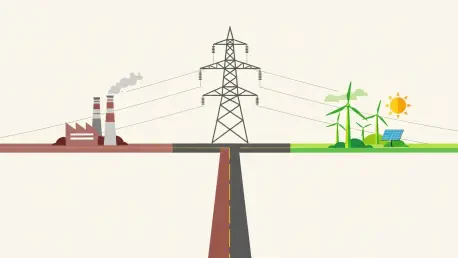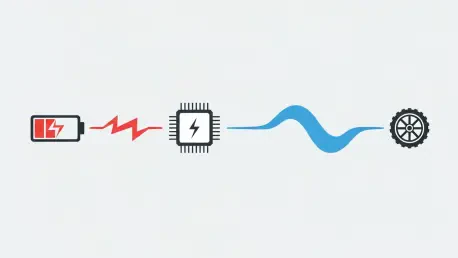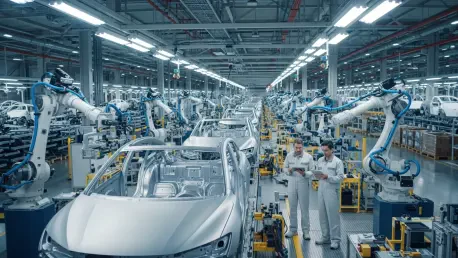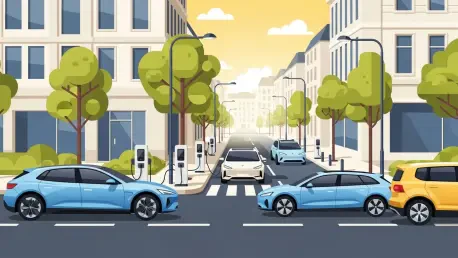
A meticulously planned retirement for a decades-old Colorado coal plant was abruptly canceled with less than 48 hours' notice, igniting a national debate over the balance of power in America's energy future. This last-minute federal intervention has pitted the national goal of maintaining a stable

The United States government's premier defense against crippling ransomware attacks is now facing an unprecedented internal crisis sparked by the sudden and contentious departure of a pivotal official at the Cybersecurity and Infrastructure Security Agency (CISA). David Stern, widely recognized as

A significant breakthrough from Porsche Engineering is set to redefine electric vehicle efficiency by addressing a persistent energy drain hidden deep within the powertrain, promising a substantial increase in driving range through an advanced software solution. The innovation centers on an

A critical debate is unfolding over the future of the UK's automotive industry, with recent claims that electric vehicle incentives have become unsustainable sparking considerable industry concern. However, a deeper analysis suggests this narrative misidentifies the true source of market fragility.

The electric vehicle landscape of 2025 was redrawn not by gradual evolution but by a series of seismic shifts, as a comprehensive analysis reveals a period of significant transformation and record-breaking growth. While the democratization of EVs through more affordable models and the powerful

A Diplomatic Lifeline Averting a Winter Energy Crisis A nation's energy security can become a high-stakes geopolitical chess match overnight, a reality Serbia confronted head-on before narrowly averting a winter fuel crisis. After securing a temporary waiver from the United States, its national oil